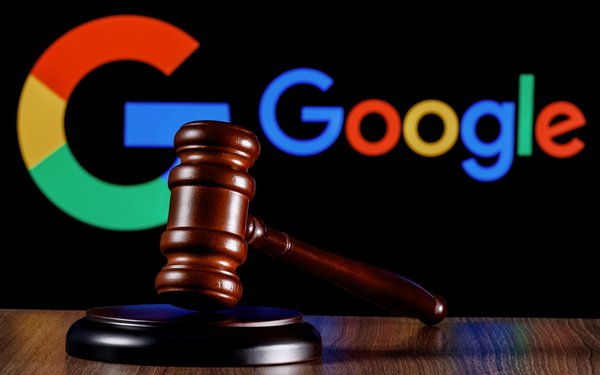By Isabelle Wilson-
The largest newspaper chain in the United States and publisher of USA Today, has sued Google, accusing it of trying to corner the market for online advertising by monopolising ad technology.
Gannett, which owns more than 200 daily newspapers, has filed a complaint in Manhattan federal court against google, accusing it of monopolising tools for buying and selling online ads forces publishers to sell more cheap ad space to the Alphabet Inc unit.
Gannett said this leaves Google with “exorbitant monopoly profits”, and “dramatically less revenue” for publishers and its ad technology rivals.
“Digital advertising is the lifeblood of the online economy,” Gannett Chief Executive Mike Reed said in an opinion published in USA Today. “Without free and fair competition for digital ad space, publishers cannot invest in their newsrooms.”
“The core of the case and our position is that Google abuses its control over the ad server monopoly to make it increasingly difficult for rival exchanges to run competitive auctions,” Reed wrote.
Gannett said it wants “very substantial”, actual, punitive and triple damages.
“These claims are simply wrong,” Dan Taylor, vice president of Google Ads, said in a written statement. “Publishers have many options to choose from when it comes to using advertising technology to monetize – in fact, Gannett uses dozens of competing ad services, including Google Ad Manager. And when publishers choose to use Google tools, they keep the vast majority of revenue. We’ll show the court how our advertising products benefit publishers and help them fund their content online.”
The lawsuit adds to legal pressure on Mountain View, California-based Alphabet, already in the crosshairs of regulators on two continents.
This is the latest in a string of lawsuits in which Google has been accused of violating antitrust laws.
Gannett’s CEO Mike Reed, released a statement explaining the impact Google’s alleged illegal practices have been having on news publishers:
“News publishers depend on digital ad revenue to provide timely, cutting-edge reporting and essential content communities rely on, yet Google’s practices have had negative implications that depress not only revenue, but also force the reduction and footprint of local news. Without free and fair competition for digital ad space, publishers cannot invest in their newsrooms.”
Dan Taylor, vice president of Google Ads, has denied the allegations.
“These claims are simply wrong. Publishers have many options to choose from when it comes to using advertising technology to monetize – in fact, Gannett uses dozens of competing ad services, including Google Ad Manager. And when publishers choose to use Google tools, they keep the vast majority of revenue. We’ll show the court how our advertising products benefit publishers and help them fund their content online”
Only last week, google was charged with violating the European Union’s antitrust laws just last week.
Following a protracted two year investigation, the European Commission said that “mandatory divestment” is the only way the search engine can look to resolve the issue as behavioural changes would be ineffective.
Google’s legal battles are more extensive that the above and include far more litigants, heavily discontent with its practices.
Earlier this year nine U.S. states (Michigan, Nebraska, Arizona, Illinois, Minnesota, New Hampshire, North Carolina, Washington, and West Virginia), also joined forces to bring a similar lawsuit against Google.
The states claimed that the search engine’s ad business violated antitrust regulations. To rectify the matter, they urged Google to break up its Ad Manager suite, suggesting it was exploiting its online advertising dominance. Google denied the claims and asked for the case to be dismissed.
In 2020, Google was also accused of breaching antitrust laws in order to maintain its position as the leading search engine, in a case is set for a dramatic September trial.

